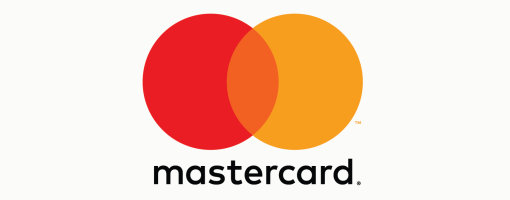Central Bank Digital Currencies (CBDCs) and tokenised assets can “move seamlessly” on existing financial infrastructure, experiments by SWIFT have found.
The organisation carried out two experiments which it claims have solved the challenge of interoperability in cross-border transactions by bridging different distributed ledger technology (DLT) networks and existing payment systems.
This allows digital currencies to “flow smoothly” alongside traditional money, as well as interact with it, added SWIFT.
The cooperative, which connects more than 11,500 financial institutions and four billion accounts across 200 countries and territories, said the results suggest that as CBDCs and other tokens develop, they can be rapidly rolled out at scale.
SWIFT said that 14 central and commercial banks, including Banque de France, the Deutsche Bundesbank, HSBC, Intesa Sanpaolo, NatWest, SMBC, Standard Chartered, UBS and Wells Fargo, are now collaborating in a testing environment to accelerate the full scale deployment of CBDCs.
“Digital currencies and tokens have huge potential to shape the way we will all pay and invest in the future,” said Tom Zschach, chief innovation officer, SWIFT. “But that potential can only be unleashed if the different approaches that are being explored have the ability to connect and work together.”
Zschach added: “We see inclusivity and interoperability as central pillars of the financial ecosystem, and our innovation is a major step towards unlocking the potential of the digital future. For CBDCs, our solution will enable central banks to connect their own networks simply and directly to all the other payments systems in the world through a single gateway, ensuring the instant and smooth flow of cross-border payments.”
According to SWIFT, 90 per cent of central banks are already actively exploring digital currencies.
It said that for the potential of CBDCs to be realised across borders, these assets need to "overcome inherent differences to interact with eachother" as well as with traditional fiat currency.
Working with Capgemini, SWIFT managed to achieve CBDC-to-CBDC transactions across different DLT networks, as well as fiat-to-CBDC between these networks.
The success showed that the blockchain networks could be interlinked for cross-border payments through a single gateway, and that SWIFT’s new transaction management capabilities could orchestrate "all inter-network communication".
SWIFT also collaborated with Citi, Clearstream, Northern Trust and SETL to test 70 scenarios simulating market issuance and secondary market transfers of tokenised bonds, equities and cash.
In this experiment, the organisation's infrastructure served as a single access point to a number of tokenised networks and showed it could be used to create, transfer and redeem tokens and update balances between multiple client wallets, as well as provide interoperability between different tokenisation platforms and existing account-based infrastructure.
Latest News
-
Gemini to cut quarter of workforce and exit UK, EU and Australia as crypto slump forces retrenchment
-
Bank ABC’s mobile-only ila bank migrates to core banking platform
-
Visa launches platform to accelerate small business growth in US
-
NatWest to expand Accelerator programme to 50,000 members in 2026
-
BBVA joins European stablecoin coalition
-
eToro partners with Amundi to launch equity portfolio with exposure to ‘megatrends’
Creating value together: Strategic partnerships in the age of GCCs
As Global Capability Centres reshape the financial services landscape, one question stands out: how do leading banks balance in-house innovation with strategic partnerships to drive real transformation?
Data trust in the AI era: Building customer confidence through responsible banking
In the second episode of FStech’s three-part video podcast series sponsored by HCLTech, Sudip Lahiri, Executive Vice President & Head of Financial Services for Europe & UKI at HCLTech examines the critical relationship between data trust, transparency, and responsible AI implementation in financial services.
Banking's GenAI evolution: Beyond the hype, building the future
In the first episode of a three-part video podcast series sponsored by HCLTech, Sudip Lahiri, Executive Vice President & Head of Financial Services for Europe & UKI at HCLTech explores how financial institutions can navigate the transformative potential of Generative AI while building lasting foundations for innovation.
Beyond compliance: Building unshakeable operational resilience in financial services
In today's rapidly evolving financial landscape, operational resilience has become a critical focus for institutions worldwide. As regulatory requirements grow more complex and cyber threats, particularly ransomware, become increasingly sophisticated, financial services providers must adapt and strengthen their defences. The intersection of compliance, technology, and security presents both challenges and opportunities.
© 2019 Perspective Publishing Privacy & Cookies













Recent Stories